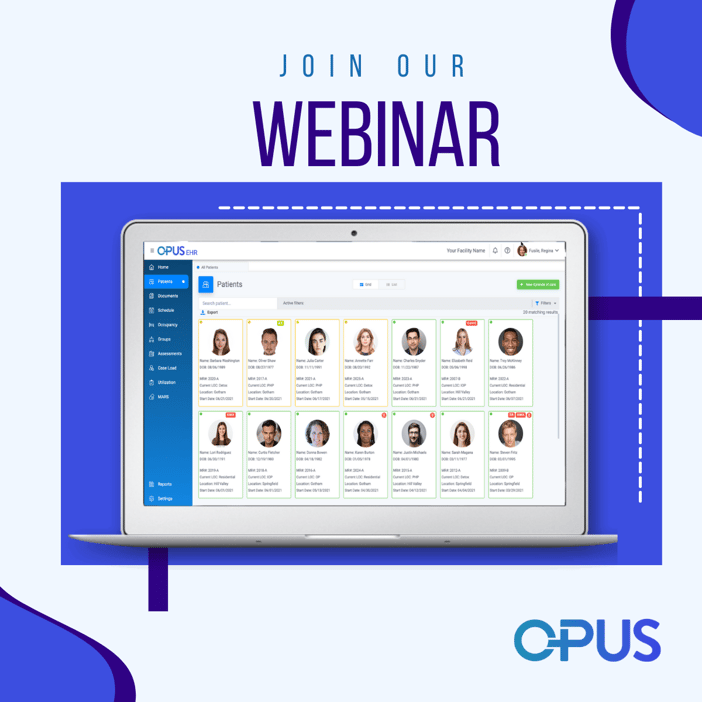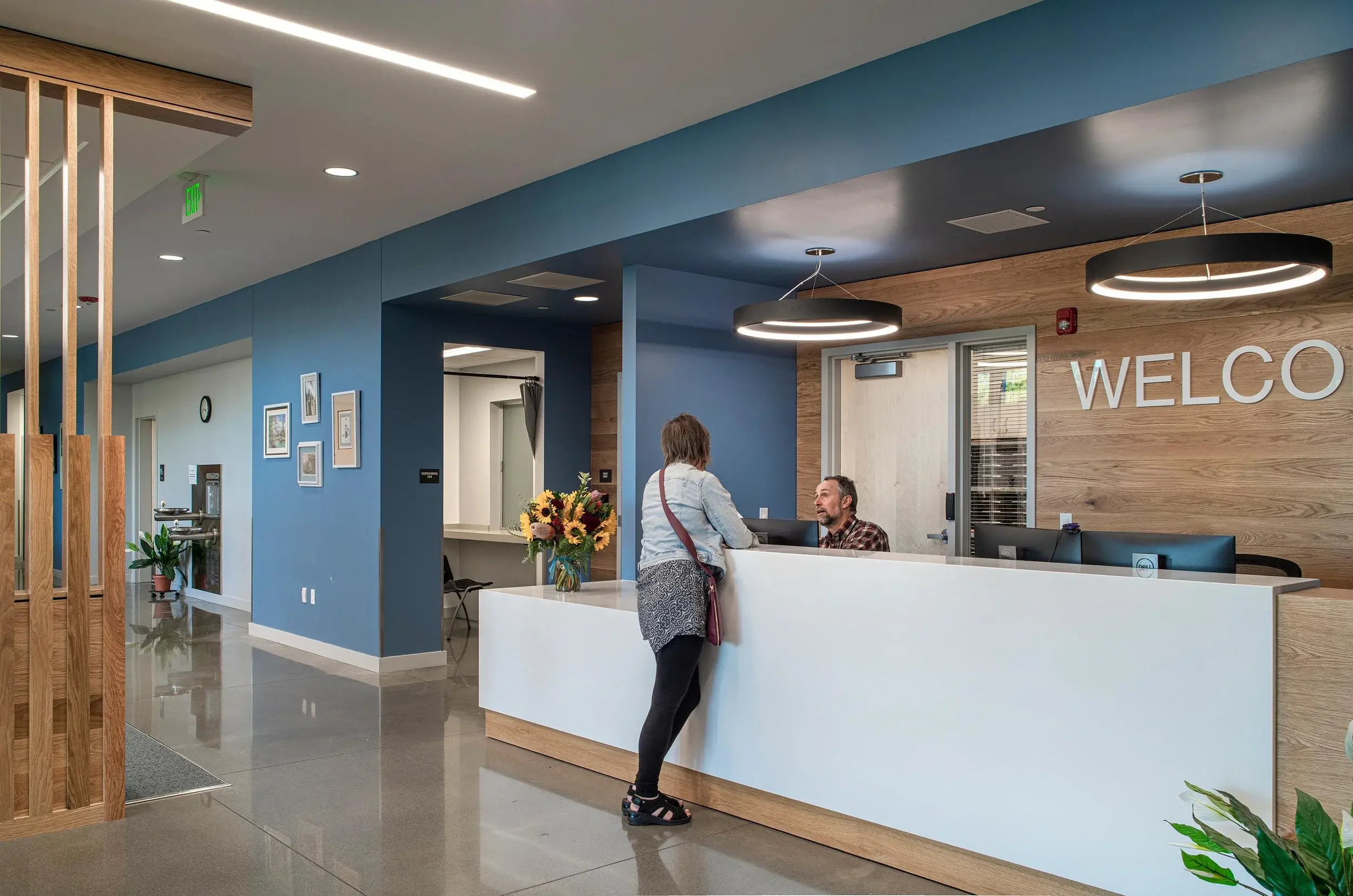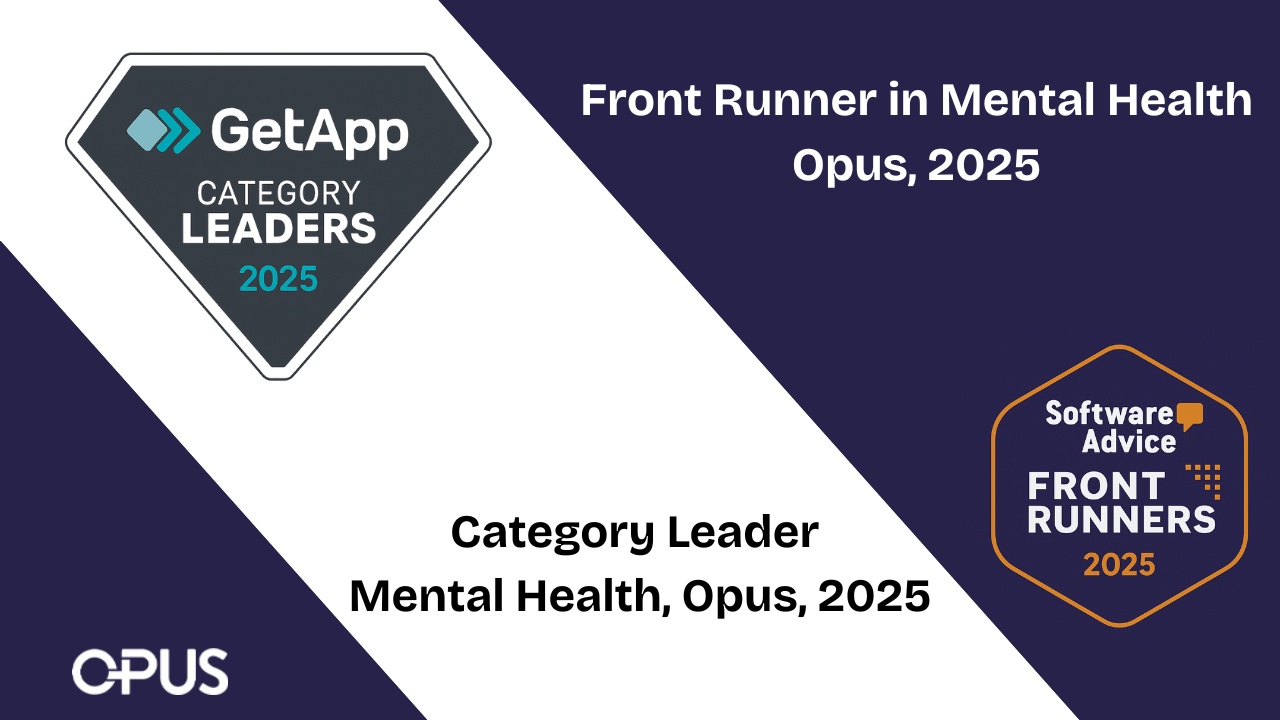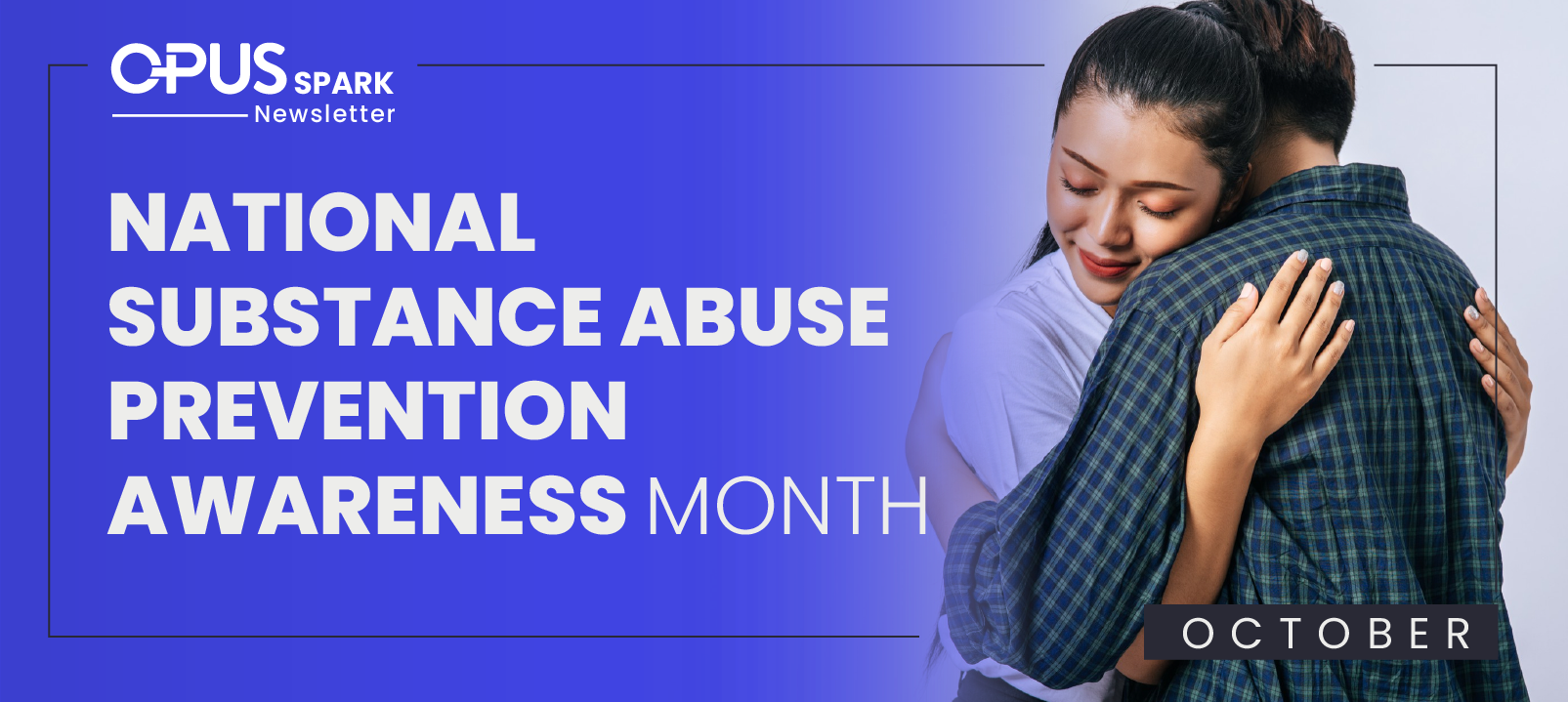Clinical Techniques to Address Opioid Misuse on International Overdose Awareness Day
August 31st is International Overdose Awareness Day. Here at Opus Behavioral, we would like to honor those that have lost their lives in the opioid crisis by bringing to light alternative pain management techniques.
The opioid crisis is no secret to the medical community. The highly addictive nature of opioid pain medication has contributed to its misuse and abuse. These pharmaceuticals come with high-risk profiles, and we are taught as clinicians and behavioral health providers to limit their use when possible.
While we have systems in place to help us identify and prevent “doctor shopping”, what else can we do to take a stance on this issue?
A recent study by the Department of U.S. Health and Human Services study found found 70,000 deaths were attributed to opioid overdose. While there is a time and place for opioid prescription for certain patient populations, there are also many alternatives to consider in addressing the opioid crisis.
Chronic pain and mental health disorders go hand in hand. Depression and chronic pain are common comorbidities. There are a variety of alternative pain management techniques that clinicians can recommend that don’t come in a bottle, but may have therapeutic benefit in targeting both chronic pain and the anxiety and depression that comes along with it for your patients and clients.
1. AcupunctureAcupuncture is a based on a Chinese medicine dating back to the 5th century where thin needles are applied and manipulated at specific points mapped out on the body. Acupuncture seeks to restore the body’s energy source, known as qi, which becomes disrupted in a diseased state. Many theories hypothesize how acupuncture targets pain. Some believe it interferes with pain signals reaching the brain. Others consider a direct endorphin release from needle application. Some say is causes the release of dopamine and serotonin – neurotransmitters that also shows application in calming anxiety and depression.
2. Yoga/Meditation
Another practice that targets the autonomic nervous system and can give the mind a reset is yoga or meditation. Breath work and focus are key components of this practice, and it is being implemented in many health systems across the globe. Some hospitals even have therapists that will see patients to assist them in a guided chair yoga practice. Meditation and yoga may take practice to tap into their restorative benefits, but these mindful techniques have true application in pain management, stress relief, and sleep. By practicing yoga and meditation, patients may be able to manage pain, anxiety, and depression with lower doses of medications than their non-yogi counterparts.
3. Massage and AromatherapyCombining massage therapy with aromatherapy can have a great impact for patients struggling with a variety of disease states. Targeting the healing benefits of human touch and sensation, patients can expect to see benefits such as decreased pain, anxiety, and improved sleep. These plant oil derivatives can aid both physical and psychological healing. Peppermint oil might be selected for its natural antiemetic properties in a patient dealing with acute withdrawal symptoms. The calming effects of lavender might assist a patient with pain and anxiety. Aromatherapy may be the “scent-sation” when it comes to craving reduction in the addiction recovery process.
These holistic therapies can be used in conjunction with more traditional addiction recovery, physical therapy, and medical pain management programs.
Clinical Reflection
When reflecting on how this might apply to your addiction, substance abuse, behavioral, or mental health practice, here we outline a few questions to consider:
- What strategies do you incorporate into your own clinical practice in trying to limit opioid prescription?
- What alternative pain methodology specialists do you refer to?
- What conjunctive therapies have you seen the most benefit for patients overcoming the challenges of addiction recovery programs?
- Do you believe alternative medicine has a place in addressing opioid abuse and the mental health disorders that often accompany it?
After ruling out opioids, you can provide alternative tools for success as an adjunct to medical management.
Use of patient‐reported outcomes is an essential aspect for improving clinical care. It starts by quantifying patient progress and visualizing the results.
Register for the Free Webinar: Treating Patients Better with Outcome Measurement

In this 30-minute session, we'll show you how to:
- Collect patient feedback in real-time
- Monitor patient progress on a global dashboard
- Evaluate the quality of services and adjust treatment plans
- Prevent a crisis before it happens
- Customize your own metrics to improve patient outcomes
Getting Started: Implement Just One of These Tips
Before signing that Opioid prescription, consider sharing the above tips with your clients and colleagues. Trying alternative medicines and techniques is a great way to help treat your patients better.






